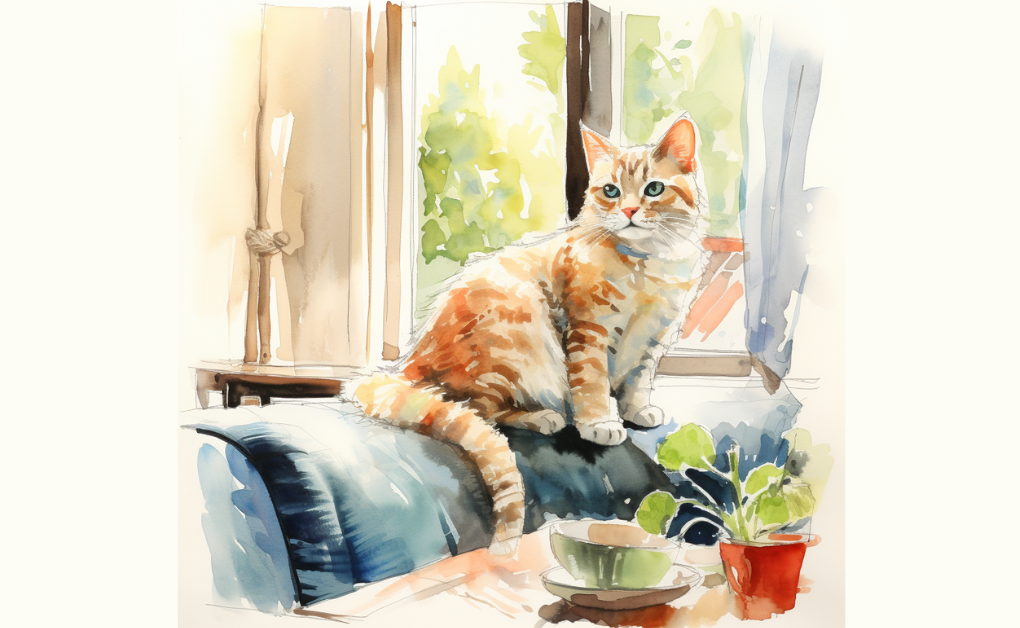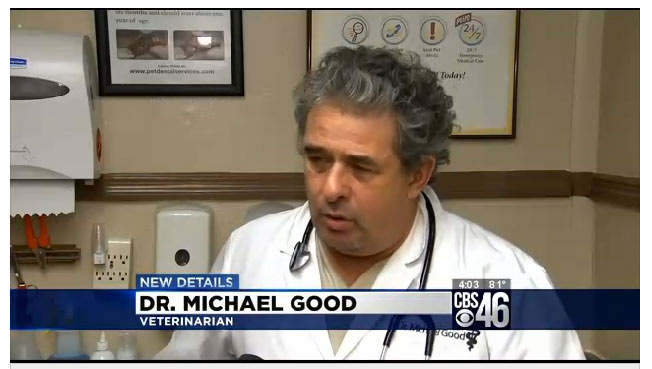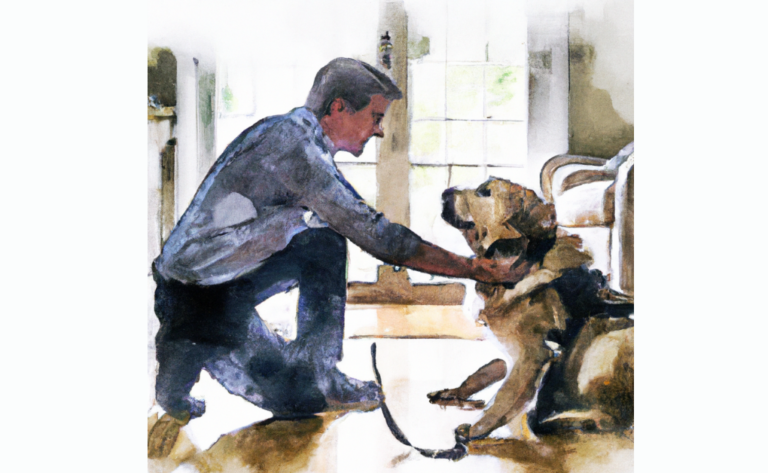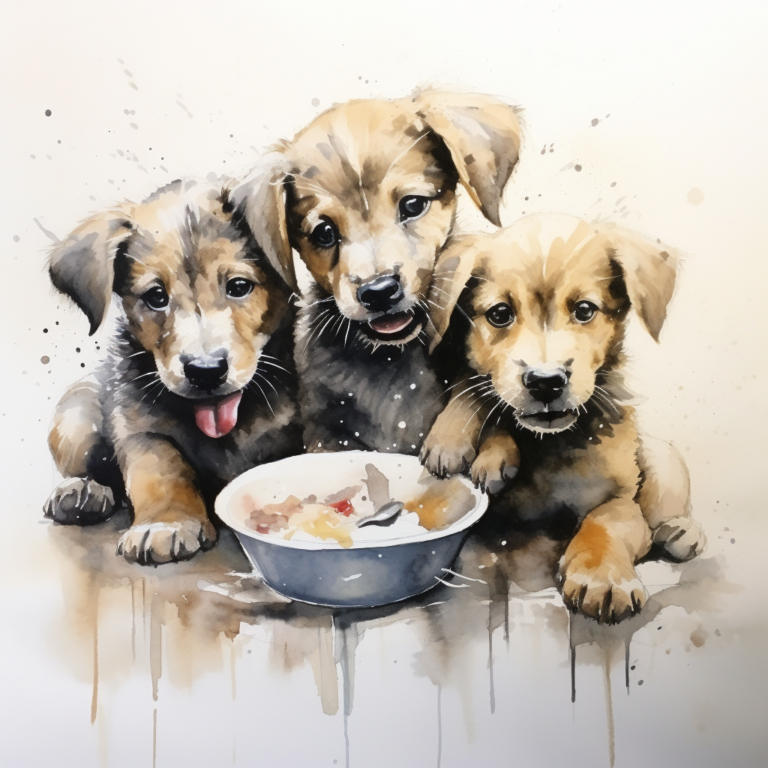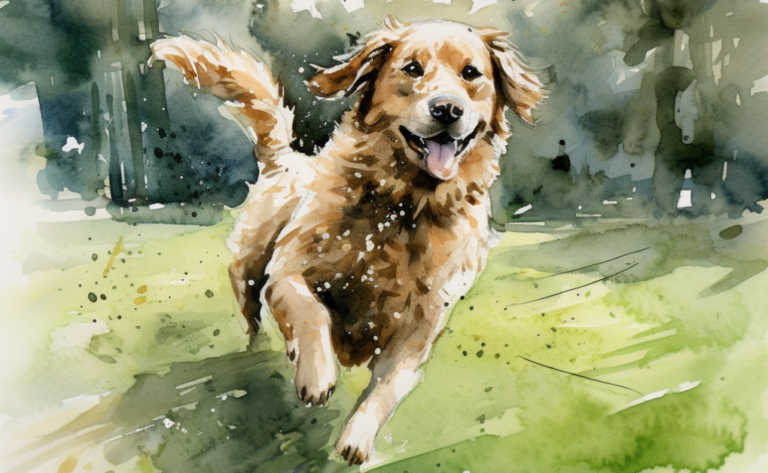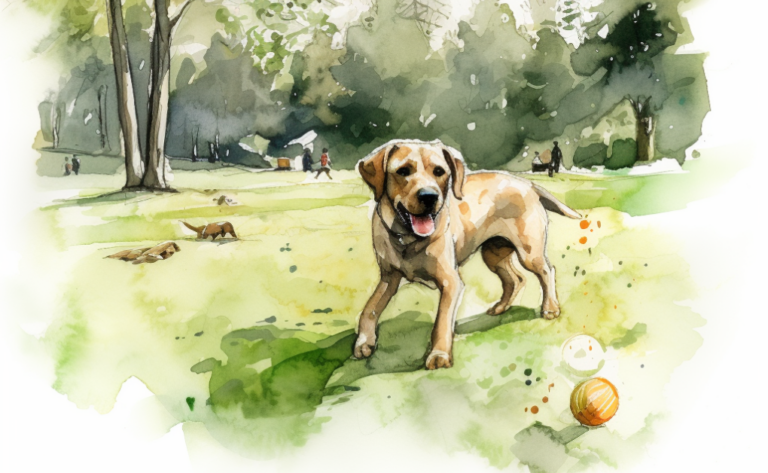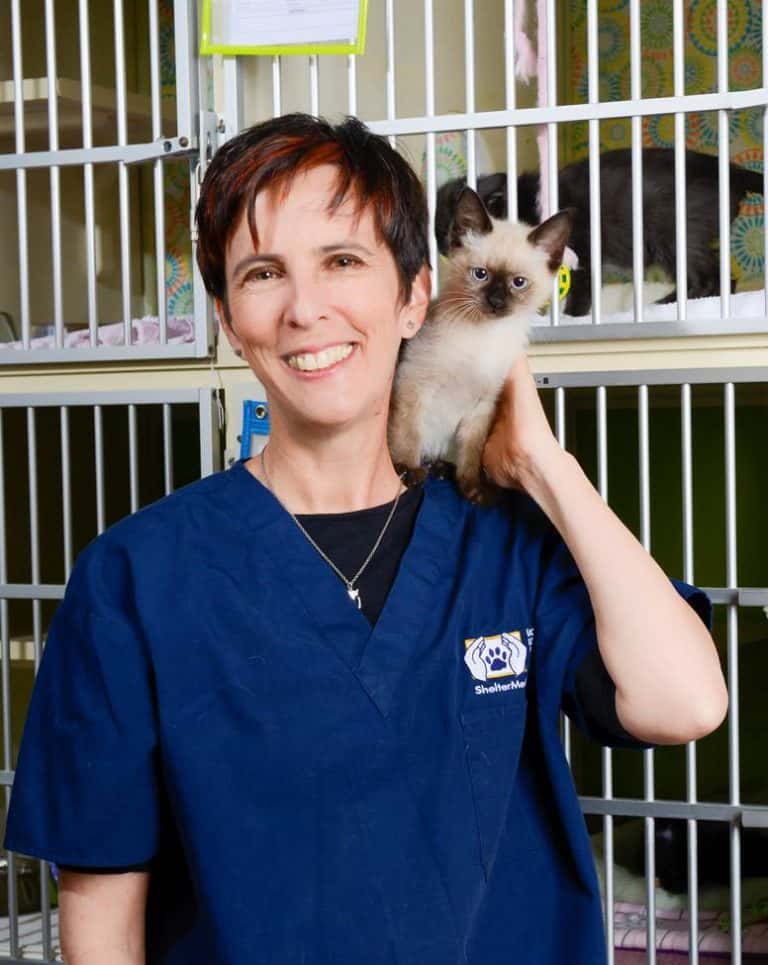Why Do Cats Drool?
Introduction
One sunny afternoon, Emma sat down to relax with her beloved cat, Luna, purring on her lap. As she stroked Luna’s soft fur, she noticed something wet and slimy on her hand. To her surprise, it seemed that Luna was drooling excessively. Concerned about this unusual behavior, Emma consulted with her vet and learned that drooling in cats can be due to various reasons, ranging from benign to serious health issues.
Saliva plays many roles in cats’ health. For example, it protects the teeth from bacteria and viruses. It also helps keep the mucous membranes moist and healthy. During grooming, cats use their tongues to clean their faces, ears, eyes, paws, and tails.
Cats drool because it helps keep their mouths clean. Saliva contains enzymes that help break down food, and saliva also moisturizes the tongue. This allows the cat to eat without getting too dry. They might also do it because they are bored, anxious, curious, stressed, sick, or thirsty. Cats also drool while eating or drinking, but these are normal behavior.
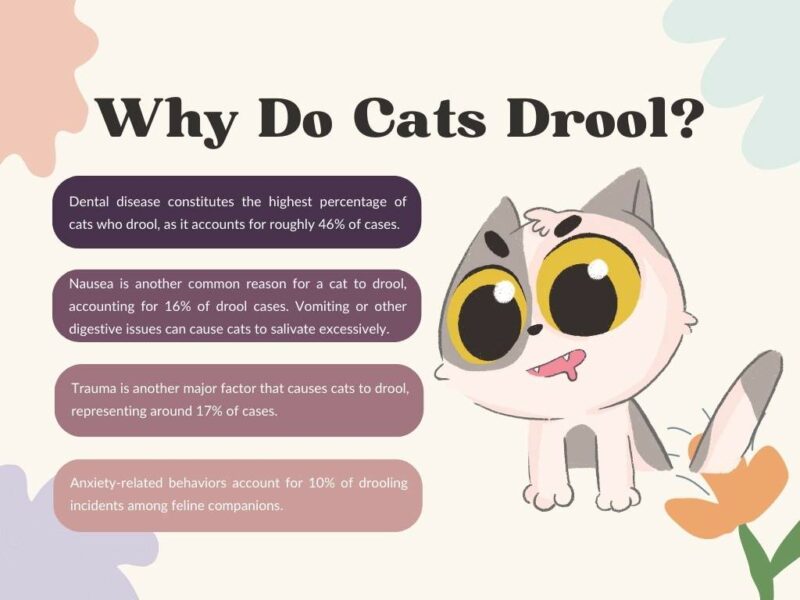
Normal Reasons Your Cat May Be Drooling
Cats often drool, but what causes it, and how do you know if it’s normal? Here are some common reasons why cats or kittens might drool.
1. Bored
The most common reason cats drool is boredom. When a cat has nothing to do, he often licks his lips. This can be an annoying habit that needs to be addressed. If your cat is constantly licking his lips, try putting him in another room with toys or food. Consider giving him some treats and playtime.
2. Stress
Another reason why cats drool is stress. A cat who is feeling stressed will often lick their lips as if trying to calm itself down. It’s essential to keep your cat happy and relaxed so this problem doesn’t worsen. Try playing with them, feeding them, and providing plenty of attention.
3. Anxiety
If you think your cat is suffering from anxiety, there are ways to help. One way is to give your cat a massage. Another option is to put your cat on the floor and let him walk around. Your cat should feel free to explore without being restrained.
4. Illness
If your cat is ill, he may have trouble keeping himself hydrated. This could lead to excessive saliva production. To prevent this, make sure your cat gets enough water. Also, try adding more wet foods to his diet.
5. Medication
Some medications can affect your cat’s saliva production. These include antihistamines, antidepressants, painkillers, and antibiotics. Talk to your vet about any changes in your cat’s drooling.
6. Thirsty
Your cat may also drool when he is thirsty. He may lick his lips for several minutes before taking a drink. In addition, he may lick his paws after drinking. Make sure your cat always has access to fresh water.
Abnormal Drooling in Cats
There are other reasons why cats drool. Hyperthyroidism is one possible cause of excessive saliva production. This is a common problem among older cats. Hyperthyroidism occurs when the thyroid gland produces too much hormone. As a result, the body produces excess amounts of thyroxine, which stimulates the pituitary gland to release TSH — Thyrotropin Stimulating Hormone.
When TSH reaches high levels, the pituitary gland releases prolactin, which triggers lactation. Prolactin also stimulates the mammary glands to produce milk. In addition, prolactin increases blood flow to the salivary glands, causing them to secrete more saliva.
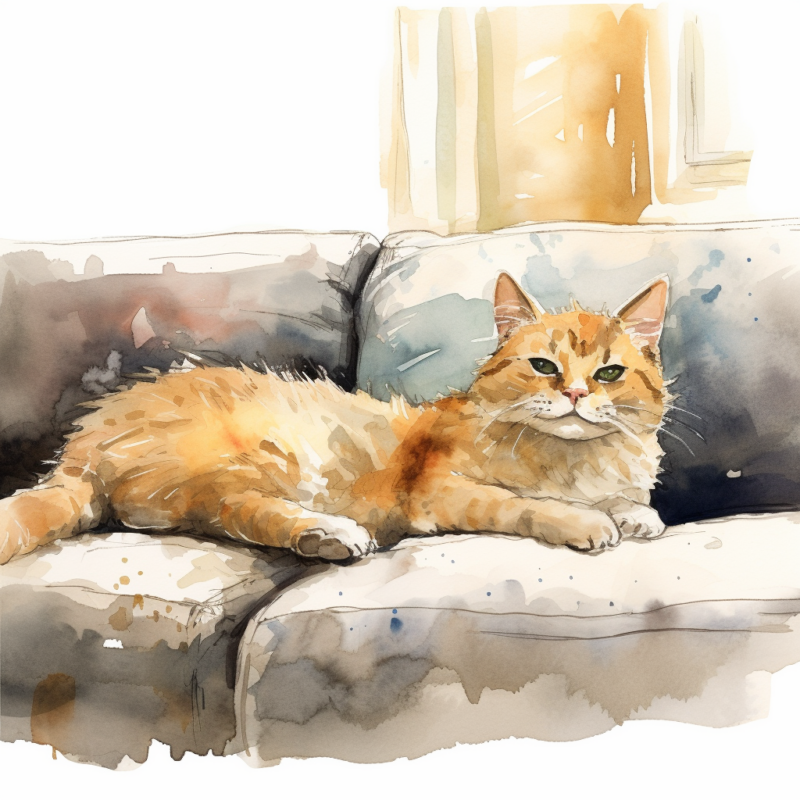
Other conditions that can lead to excessive drooling include diabetes mellitus, upper respiratory infections, dental disease, nausea, foreign bodies lodged in the mouth, and certain types of heart disease. Other causes include stress, anxiety, depression, and psychological disorders such as obsessive-compulsive disorder and schizophrenia.
1. Diabetes Mellitus
Cats suffer from diabetes mellitus (DM) just like humans. DM causes abnormal drooling in cats. The condition may be mild or severe. Mild cases cause saliva to dribble out of the cat’s mouth. Severe cases result in excessive salivation.
If your cat suffers from DM, you should monitor its health closely. First, your veterinarian will test your cat’s blood glucose level. This is done by drawing small blood from the cat’s ear vein.
2. Upper Respiratory Infections
Cats suffering from respiratory infections drool. Bacteria or viruses usually cause upper respiratory infections. They’re common in cats because their nasal passages are not designed to filter out germs.
3. Dental Disease
Dental disease often leads to excessive saliva production. Tooth or gum disease affects up to 85% of cats over three years old. A tooth abscess, an infection of the gums, or gum disease can cause your cat to drool excessively.
Gum disease (periodontal disease) affects the gums around your cat’s teeth. The bacteria that cause this disease can enter through minor cuts in the mouth, such as those caused by chewing on objects like toys. As a result, cats who suffer from gum disease tend to drool more than usual.
When this happens, brushing your cat’s teeth regularly is essential. This helps prevent bacteria buildup and gum infections. And since cats are prone to gingivitis (inflammation of the gums), brushing them daily is vital.
4. Nausea
Nausea can cause your kitty to spit up. Saliva contains digestive enzymes that aid digestion. Spitting up helps remove these enzymes from the stomach. Sometimes, they drool when they’re sick. This is because they may be experiencing nausea due to food poisoning, stomach flu, kidney disease, or another illness.
If your cat seems to suffer from nausea, take him to the vet immediately. Your veterinarian should examine your cat and determine whether he needs medical treatment.
5. Foreign Bodies
Foreign bodies in the stomach can cause excessive salivation. In addition, foreign bodies such as coins, plastic bags, pieces of string, and toys can get stuck in the esophagus. If they do, your cat may start spitting up.
To help prevent this problem, keep your cat away from areas where he can find toys or other items that he might swallow. And if you notice your cat does accidentally eat something, take him to the vet right away.
6. Heart Disease
Heart disease can affect your cat’s ability to swallow correctly. It can also cause fluid retention in the lungs. These fluids can then leak into the trachea and cause coughing. Coughing can trigger excessive saliva production.
7. Psychological Disorder
Psychological disorders such as OCD and schizophrenia can cause your cat to lick his lips excessively. He may even start licking himself. Cats with neurological diseases often present with facial or oral signs. These disorders affect the brain, spinal cord, peripheral nerves, muscles, and organs.
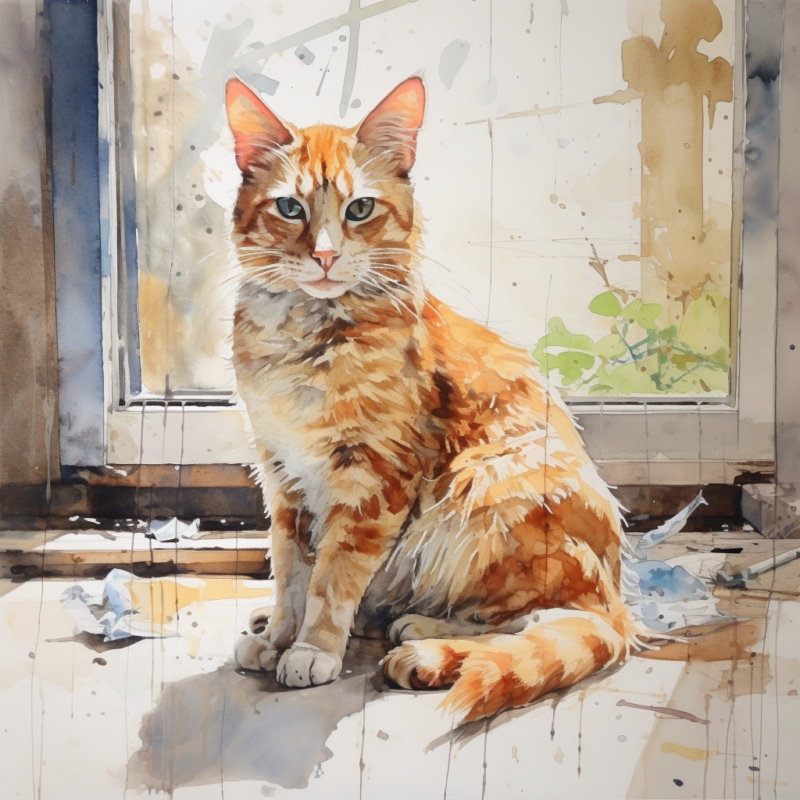
What Should You Do if Your Pet is Drooling Excessively?
If your cat is drooling excessively, it could mean there is something wrong with his teeth, gums, jaw, tongue, palate, throat, esophagus, stomach, intestines, or pancreas. Many things can cause excessive drooling, and some require veterinary care.
The best thing to do if your cat is drooling is to take him to the veterinarian immediately. He’ll likely receive medication to help control the symptoms. You can also ask your vet about home remedies that might work better for your pet.
When to Worry?
1. If your cat has been drooling excessively for more than 24 hours.
2. If your cat has not eaten for at least 12 hours.
3. If you notice any changes in your cat’s behavior.
4. If your cat appears lethargic, weak, or unwell.
5. If your cat is having trouble breathing.
6. If your cat has an open wound on its face or mouth.
7. If your cat has a fever.
8. If your cat has developed diarrhea.
Frequently Asked Questions
Disclaimer: The information provided on this veterinary website is intended for general educational purposes only and should not be considered as a substitute for professional veterinary advice, diagnosis, or treatment. Always consult a licensed veterinarian for any concerns or questions regarding the health and well-being of your pet. This website does not claim to cover every possible situation or provide exhaustive knowledge on the subjects presented. The owners and contributors of this website are not responsible for any harm or loss that may result from the use or misuse of the information provided herein.

